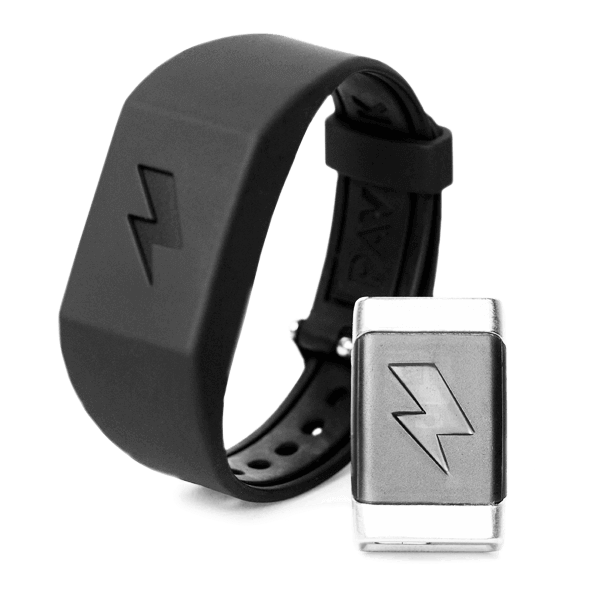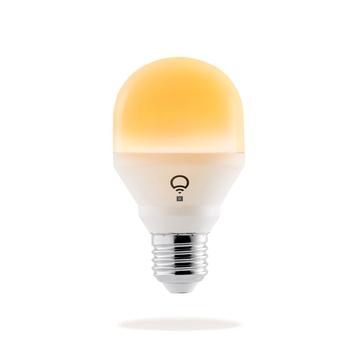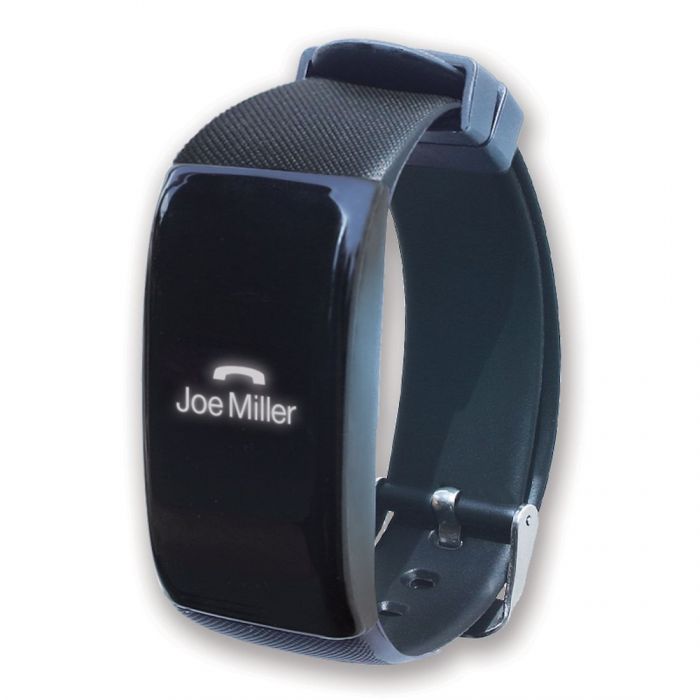Is it time for a new alarm clock? We’ve all been there before. We’ve overslept and found ourselves frantically rushing to get ready in the morning. Yet, when there’s a crucial meeting the next day, our eyes are wide open, anxiously waiting for the clock to move past sunrise with little sleep. Our internal clock fails us when we need it the most. It sounds like it is time to look for alarm clock for deaf and hard of hearing individuals.
As someone with a hearing loss, and who doesn’t want to have any more nightmares about waking up in sweats late for an important event, I went on to research deaf alarm clocks that can help us end our sleep anxieties and nightmares from becoming a reality.
Buying new products is always a risk especially if you don’t know where to start. I’m going to help you, especially if you are someone with a hearing loss, someone who’s a deep sleeper, someone who doesn’t want to wake up their partner in bed, or someone who’s just struggling to wake up consistently.
This post will tell you what you need to know to make sure you select the best alarm clock for deaf and hard of hearing individuals that will let you sleep well and wake up on time.
This post may contain affiliate links. Please read the disclosure for more details.
Product Summary Chart
General mainstream clock alarms
Some alarm clocks were not explicitly designed for the deaf and hard of hearing, but they are sufficient because they work to substitute sounding alarms for other sensory cues. Ringing alarms can be a disturbance to others sleeping around you who may be a light sleeper. Alarms that vibrate but with no flashing lights can be a great deaf person alarm and allow other people to continue to rest without interruption.
Your smartphone
Every smartphone has an alarm feature that can be great for people who want to wake up, but if you are concerned about the harmful effect of radioactive waves emitting into your body, which could possibly lead to cancer (although it hasn’t been scientifically proven) or bed fires, this might not be your best option.
Wearables
Wearables with alarm clocks are typically a wristwatch. While these are not customized alarm clock for the deaf and hard of hearing, these watches or wearables often function more than an alarm clock: they are designed to match your lifestyle and are easily transportable. Health conscious people tend to gravitate to brands like Fitbit or MI band. People who are active in the outdoors would like Garmins.
Many of our smartphone companies like Apple and Samsung are into wearables as well. One thing to note is that many of these wearables can connect to your smartphone and use wireless connecting to communicate between the two devices. This gives you the option to put your phone away from the bed and focus on receiving notifications that are important to you at night.
Your smartwatch
Shake N Wake
Watches are usually good deaf and hard of hearing alarm clock, if you are a light/ moderate sleeper, but you should look at two other wearables that are perfect for heavy sleepers.
Shake N Wake Wrist Watch is a great option. However, it doesn’t have the function of digital watch, and yet, the opportunity to pair with your smartphone isn’t available. This is an excellent affordable option if you are on a budget.
Pavlok
Pavlok helps you to perform better habits. One of the better habits is to wake up on time. Their wristband can vibrate or zap you to wake up, and it will know what you are doing from your body movements.

Beside solutions
Sometimes shakers or vibrations don’t work well to wake people up. In that case, they may prefer a light as another option, as in a flashing light alarm clock for deaf.
There are two products that you can hack to make an alarm clock with lights.
One person had suggested using a timer that can plug to a lamp. These small devices are programmed to turn on the lamp when the timer goes off.
Another options are buying smart lights from your department store.
Smart lights
Another more advanced option is the LIFX or natural lighting designed to help regulate your sleep. Philips or other dawn simulator lamps help people with seasonal affective disorder. These are smart lighting systems that you can operate from an app.

Assistive Alarm clock for deaf and hard of hearing
Product designed and marketed specifically for people with hearing loss is no considerable difference in functionality than for hearing individuals. The most substantial difference can be seen through increases in the sensory features. The shakers or vibrations features of the alarm clocks are stronger, the flashing light features are brighter, and the audio features are much louder.
Wearable clock alarms
We’ll highlight the few wearables alarm clock for the deaf and hard of hearing that exist for you.
Serene
Serene InstaLink (Discontinued) is one of the few devices that provides a modern, wearable solution for people with a hearing loss.

Ditto
Ditto is one another alarm clock for the deaf and hard of hearing and has many other features. They created a wristband with a small wireless device that acts as a shaker. The wireless device can be either attached to the band or work as a clip.
Bedside solutions
Bellman and Symfon, Clarity, Krown and HomeAware create bedside clock alarms for the deaf and hard of hearing that can be paired with their suite of other alerting devices like a fire alarm, doorbell and baby monitor.
Most bedside products include an audio alarm. Some can be controlled, others not. Remember, if you are living in an apartment building or sharing a room with other people, the loud alarm sound could be a cause for complaints. Choose the alarms with a vibrating option, flashing light, or those that allow you to turn the audio notification off.

Amplicom
Amplicom TCL Vibe Alarm Clock is both a wearable and a bedside option.
Geemarc
Sonic Alert
Sonic Alert | Sonic Bomb product line are highly liked among the deaf and hard of hearing community. They come with a shaker that is placed under the pillow, and the clock has strobe lights for flashing next to the bed.
Lifetone
Lifetone HL Bedside Fire Alarm and Clock
Lisa Alarm Clocks
If you want to go internationally and try another hard of hearing alarm clock that is made overseas, Lisa Alarm Clocks is a German brand that I came across in my research.
Portable alarm clock for the deaf and hard of hearing
Alarm clocks don’t need to be large bedside devices. These products are designed for travelers and people who prefer compact solutions that allow you to carry your alert with you or in your carry on.
iLuv Time Shake
TCL Pulse Alarm
TCL Pulse Alarm (iOS Only)
TravelTim
TravelTim vibrating alarm clock these are the pager-like designs that are small enough for you to carry and it has enough power to do the job of waking you up.

Shake Awake
Shake Awake (Discontinued) is very similar but has discontinued. In case you are buying it used or have found someone who wants to lend it to you, I will share still share the pros and cons.
Apps
DeafWake App
DeafWake App was developed for the d/Deaf and hard of hearing in mind. The founder is also Deaf and built the app based on his own personal frustration.
Where to buy
If you are looking to buy a deaf person alarm clock, it is difficult to buy the product directly from the company themselves except for products made for the masses. To buy alarm clocks for the deaf and hard of hearing, the best places to buy is online and have it delivered to your door. Diglo (formerly known as Harris Communications) and Amazon are great options to start. However, many other non-profit organizations, your local hearing loss associations, support the deaf and hard of hearing and sell assistive and adaptive technologies for the deaf. Also, hearing organizations sell these products as well. You can attend in person, or they may have the option through their online store.
Looking for more product ideas?
Check our product finder for more solutions to support your daily activities.
Conclusion
Now you have the information that you need to decide what is the best alarm clock for the deaf and hard of hearing. What works for you based on your lifestyle and needs. You’re ready to go shopping without worrying about buying the wrong device for you. So, sleep well!
